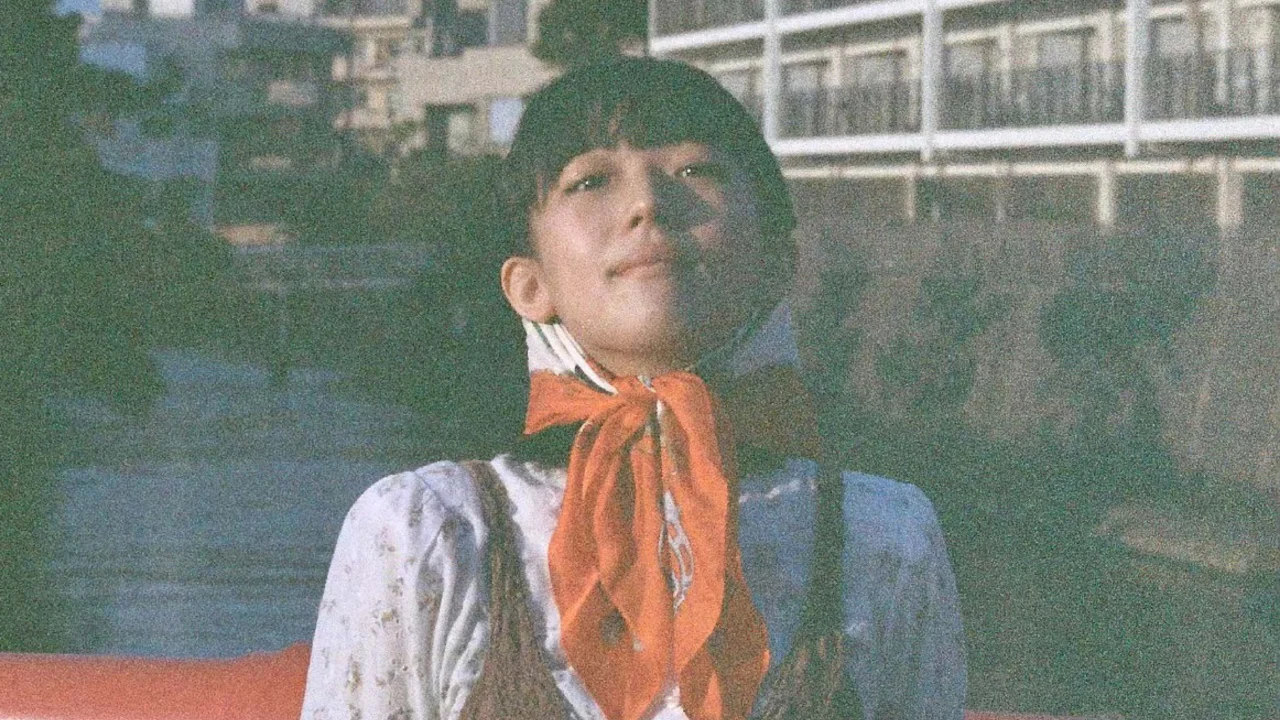INDEX
Cultivating an Alternative Mindset through “Rebelling Against Mental Health
-Your new album, “TINY LAND,” was completed about a year after your last album. Did you have any themes or concepts?
Sitona: In the past, most of the songs were darker, so this time I tried to make brighter tunes. Specifically, it has a 1980s sound. I tried to reduce the number of tracks, emphasize the beat, and introduce synths in a big way. Instead, I tried to keep the chord progressions and melodies modern, and I also applied autotune to the vocals. The first track, “Coffee Time,” was the result of this process.
-Coffee Time” has a unique floating melody. How did you get this feeling?
Shetona: The image of “Coffee Time” is K-pop. I tried to create an atmosphere of fragility and ennui mixed with sparkling cuteness while adding a feeling that Sitona Yuy could not produce. As for the arrangement, at first I was going for a bossa nova or jazz vibe, but the floating melody stands out nicely in a 1980s-esque arrangement.

-Were there any works you referenced for the 1980’s style?
Shetona: “Heaven’s Gate” (from “It’s All Good”), released last year by a Malaysian artist named Alextbh, is a 1980s sound that has been reconstructed with today’s sensibilities. I have been working on a lot of music. In the past, I have often received feedback that my works have “too many notes and I don’t know what to listen to” (laughs), so I decided to simplify it as much as possible.
-What is your favorite K-pop artist?
Shetona: It’s not so much K-pop, but more of an alternative sound, but a female artist named FAVER has a singing voice that sounds just like mine. Actually, through her music, I learned that there are many singers in Korea who sing with a low husky voice and ennui.
Shetona: As I dug deeper into her music, I also fell in love with a solo male artist named ZICO. He was originally an idol, but now he is working on a wide range of music. I really sympathized with his lyrics from a creator’s point of view, such as “I’m called a genius, but I work really hard” and “Don’t think it’s that easy to come up with a melody” (laughs).
-I really sympathized with the lyrics from a creator’s point of view.
Shetona: I aim to be an artist who writes what I think in a life-size way, like a diary. There are so many love songs out there, so I don’t think I need to sing them (laughs). (laughs) I want to do things that other people aren’t doing. That is partly because I am not good at competing. Once you are alone, you don’t have to compete (laughs).
-How do you think you cultivated your strong alternative spirit?
Shetona: I have been timid since childhood, and I was never very good at being compared to others. But as I mentioned at the beginning, when I was in high school, I sang a gospel song alone and was surprised, and I thought, “I don’t have to force myself to match anyone, I can do what I am good at and I will be praised! I thought, “I don’t have to force myself to fit in. Even after entering university, my mental weakness to go against the grain by saying, “It’s absolutely impossible to aim for first place by doing the same thing as everyone else” (laughs), may have led me to the alternative spirit you mentioned.



























